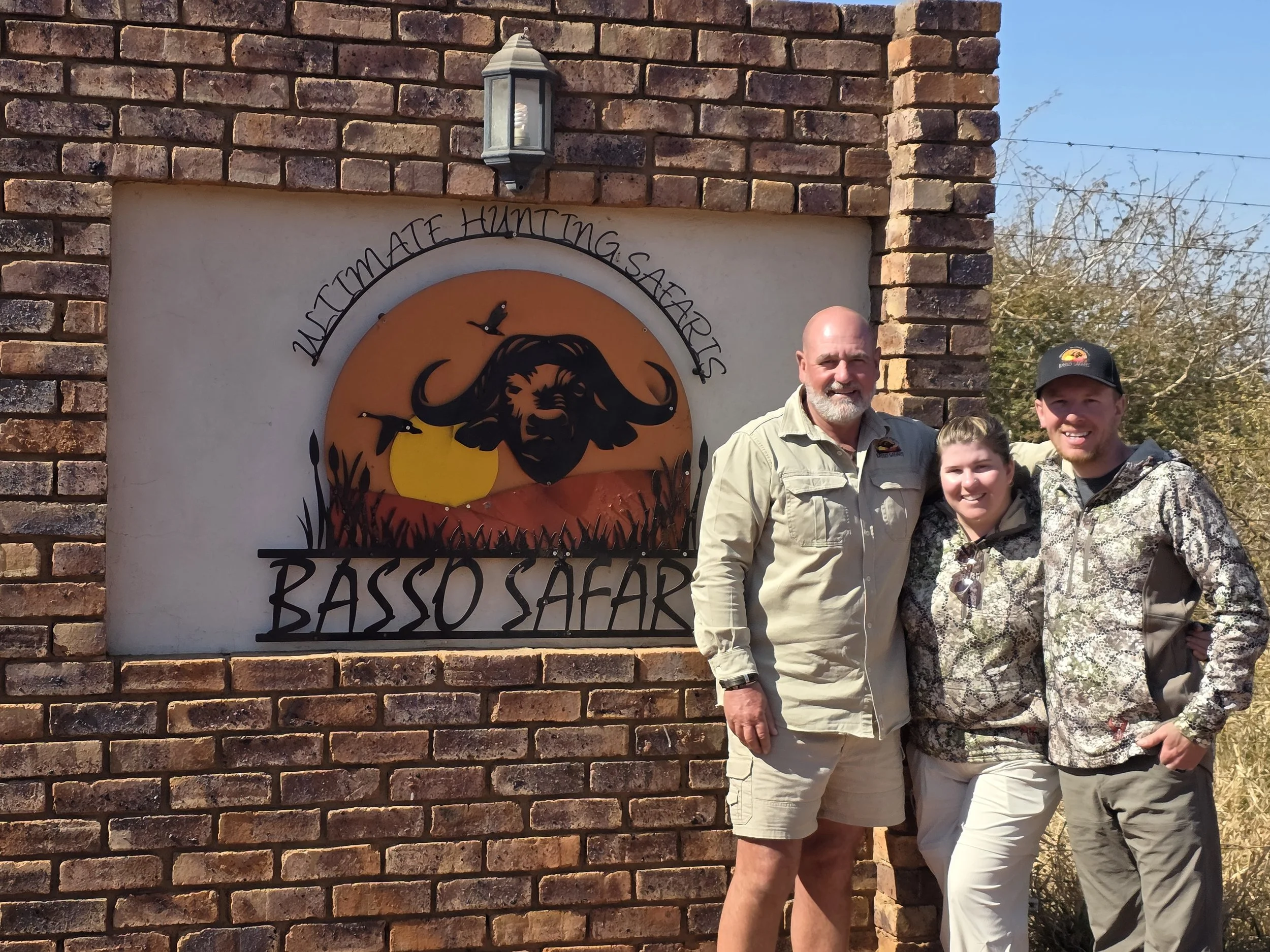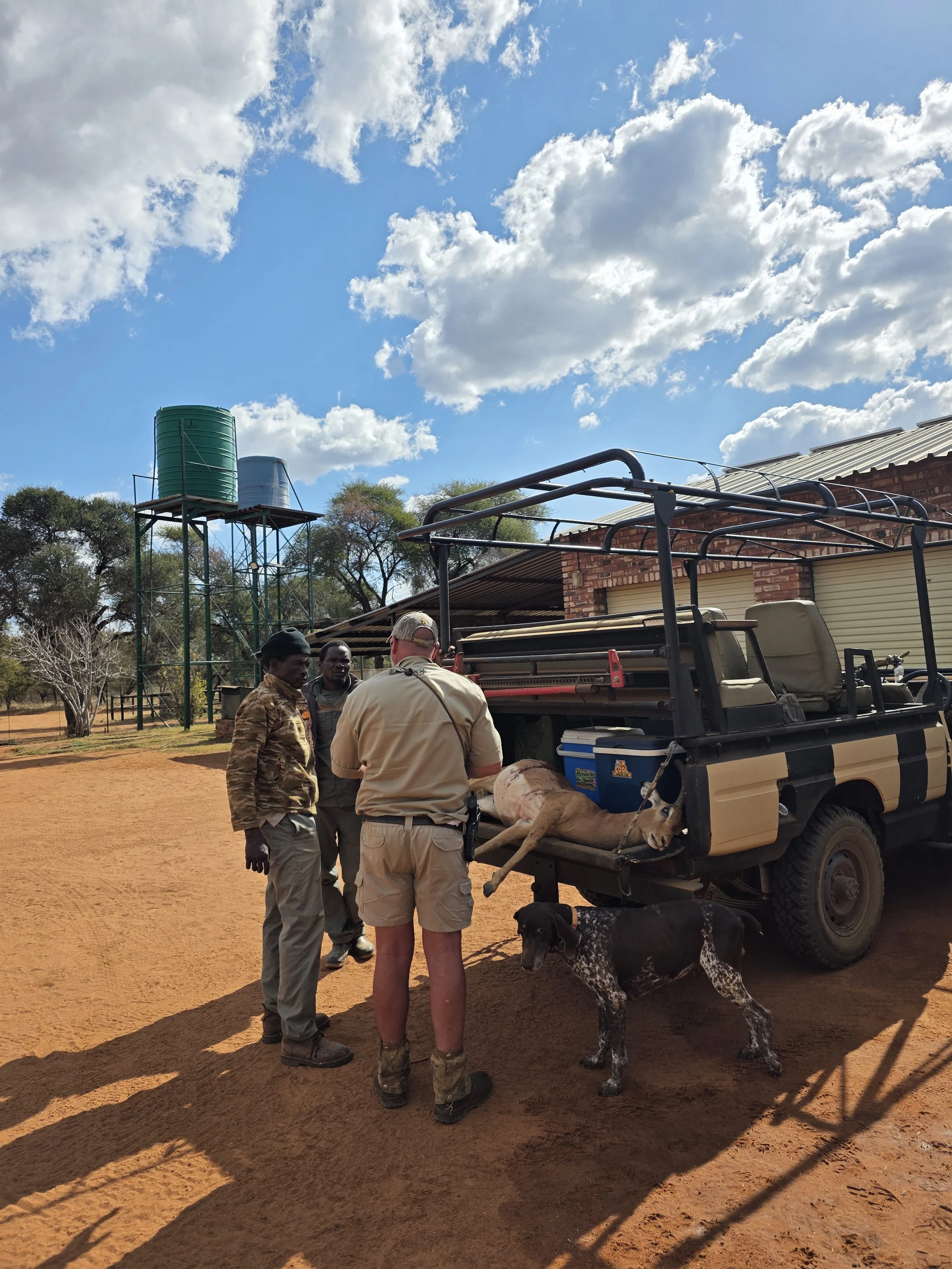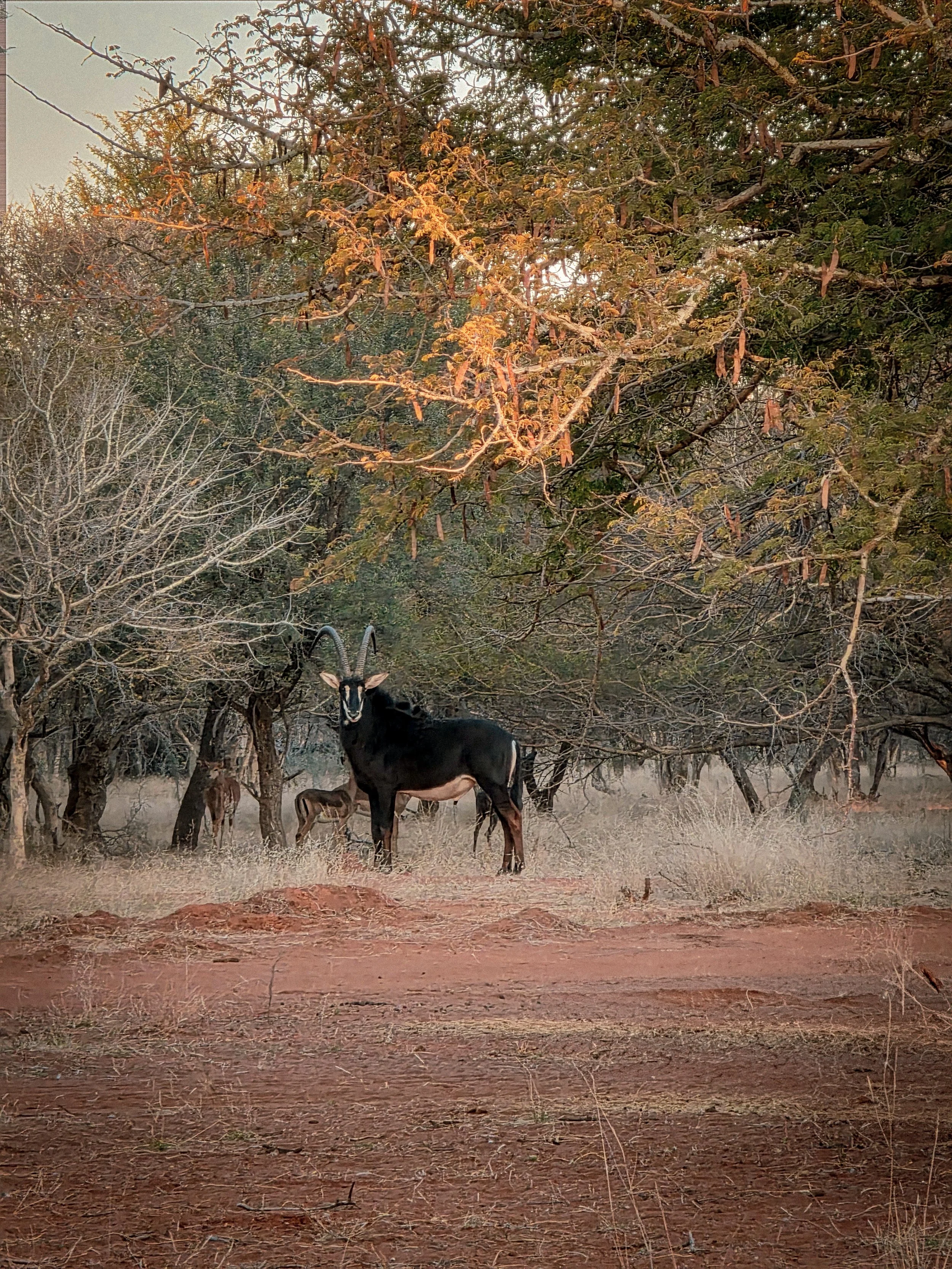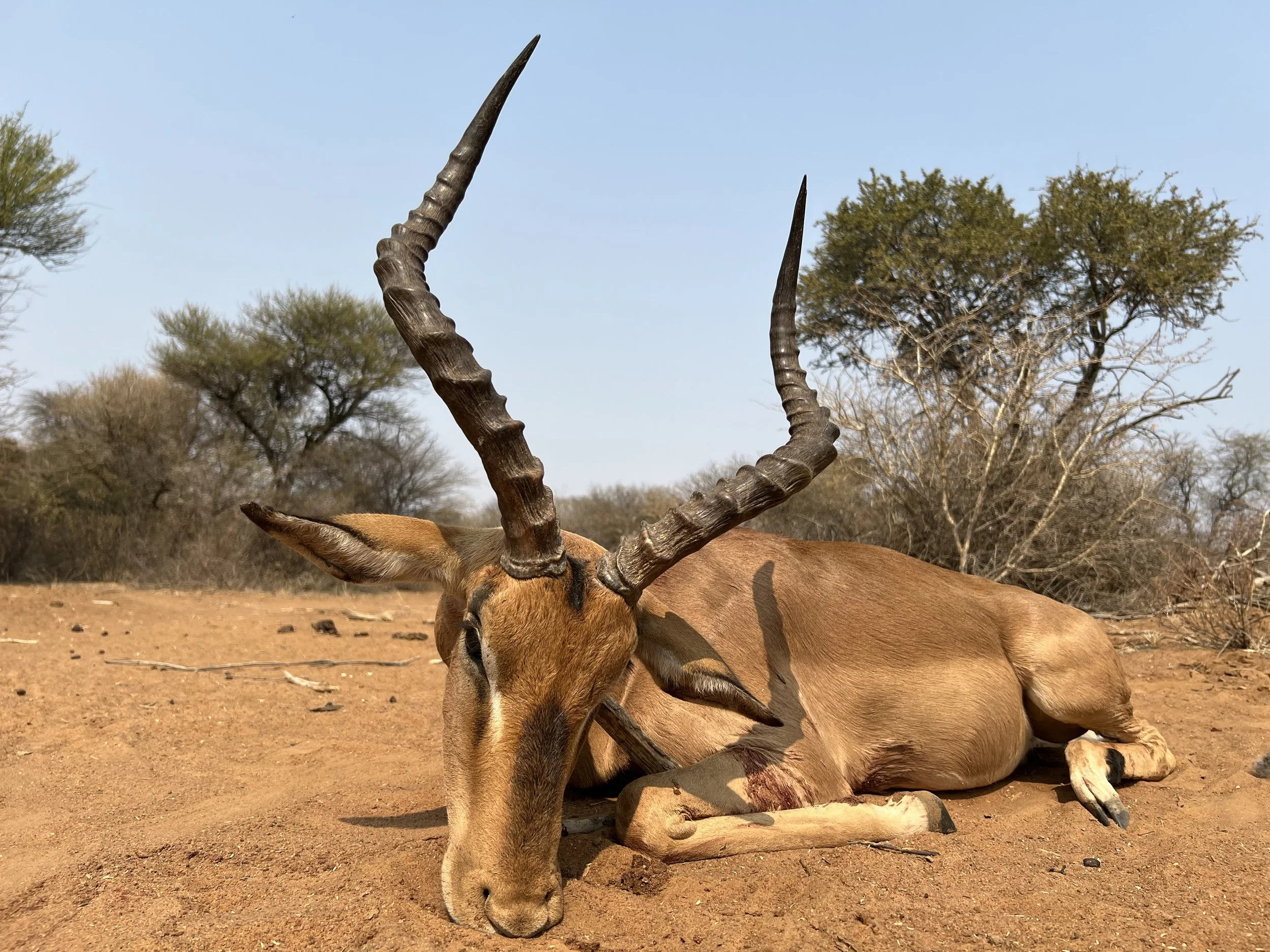“Hunting” the Backbone of Conservation: A Canadian Look at South Africa’s $3.5B Hunting Economy
“Hunting” the Backbone of Conservation: A Canadian Look at South Africa’s $3.5B Hunting Economy
by Brody Teale
I’m sitting in the airport, heading home after an unforgettable hunting trip in South Africa — and as I scrolled through my phone waiting for my next flight, an article was sent to me and stopped me in my tracks. It was Ed Stoddard’s report in Daily Maverick titled “Hunting industry’s hidden value: R45-billion boost for South Africa’s economy and conservation efforts.” And let me tell you — it hit home.
From the moment I landed in South Africa, I could feel how deeply hunting is woven into the culture. The airport had a hunting camo store. I saw local duty free shop named after the Big 5, a direct nod to the continent’s legendary dangerous game species. As we drove through the country, we passed hundreds of miles of pristine habitat, with wild game fenced in along the highways. It’s undeniable — this country is built on hunting, and they’re proud of it.
According to a study by professors Peet van der Merwe and Andrea Saayman (North-West University), South Africa’s hunting tourism industry contributes over R45 billion per year, or about $3.5 billion CAD — nearly triple earlier estimates. The data was gathered through surveys of over 2,200 local and international hunters and backed by national economic data and production multipliers.
Here’s what they found:
• The average South African hunter spends R64,500 (~$4,970 CAD) per season.
• The average international hunter spends R488,000 (~$37,600 CAD) per trip.
• These expenses cover not only the hunt itself but lodging, food, transport, gear, guides, and taxidermy.
• Direct spending reaches R16 billion (~$1.23 billion CAD) — and when factoring in the broader economic impact (using a production multiplier of 2.97), the total value of the sector climbs to R45 billion (~$3.5 billion CAD).
Much like in Canada, hunting in South Africa supports a vast network of people and services. Agriculture, meat processing, accommodation, retail, and wildlife management all benefit from this labor-intensive, boots-on-the-ground industry.
But where this story hits hardest is the conservation impact. The study, as reported by Stoddard, highlights how hunting drives the transformation of former cropland back into wildlife habitat — reversing habitat loss and creating viable homes for native species. That’s something every Canadian hunter can appreciate. When wildlife has economic value, it gets protected.
Critics — mostly from urban centers in Europe and North America — claim that photographic tourism is a viable replacement. But that’s simply not true in many regions. As the article notes, vast hunting concessions lack the amenities or visibility required for game-viewing tourism. Remove the incentive of sustainable hunting, and that land often reverts to monoculture farming or livestock — and the wildlife disappears with it.
To be clear, this isn’t about justifying unethical practices like poaching.
Responsible Canadian hunters are the first to condemn such behavior. But regulated, ethical hunting — as practiced across South Africa and Canada — is not only sustainable, it’s often the very reason wildlife populations are thriving in privately protected areas.
This isn’t just theory — we see it in Alberta with species like elk and whitetail deer. We see it in Saskatchewan's Mule Deer populations, and in Ontario’s managed black bear hunts. Conservation costs money, and ethical hunting foots the bill.
At a time when misinformation about hunting is louder than ever, articles like Ed Stoddard’s — backed by peer-reviewed data — remind us that hunting is not the enemy of conservation. It’s one of its strongest allies.
References:
• Stoddard, E. (2025, July 13). Hunting industry’s hidden value: R45-billion boost for South Africa’s economy and conservation efforts. Daily Maverick. Retrieved from www.dailymaverick.co.za
• Van der Merwe, P., & Saayman, A. (2025). Assessing the Contributions of Hunting Tourism to the South African Economy: A Post-Covid Analysis. Wildlife Research.
#CanadianHunter #HuntingIsConservation #SustainableUse #WildlifeEconomy #EthicalHunting #NonTypicalLife






